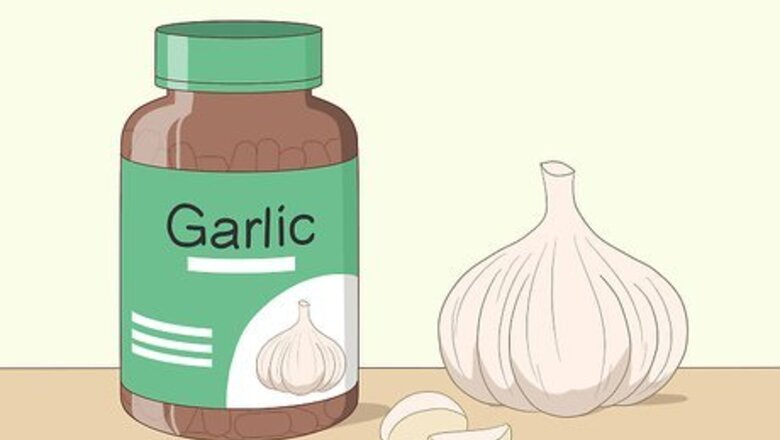
views
Herbs and Supplements
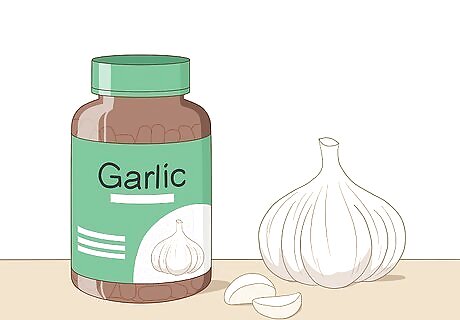
Add garlic to your diet. Garlic is a known blood-thinner, so try adding more to your food. You could also take supplements for a more concentrated dose. Garlic could also improve your overall cardiovascular health. Studies showed that having 25-120 mg of garlic extract per day is safe and successfully thins blood.
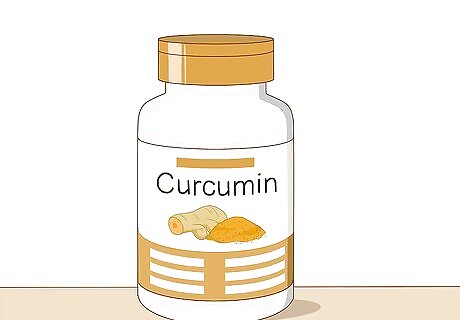
Take curcumin supplements. Curcumin is a compound in turmeric, and it's effective for thinning blood. Try including a daily curcumin supplement in your routine to see if it helps you. A standard curcumin dose is 500 mg per day in tablet form. However, this isn't the dosage specifically to thin your blood, so talk to your doctor about the right dosage.
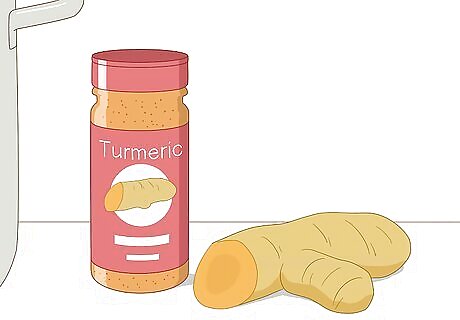
Spice your food with turmeric. Turmeric naturally contains curcumin, so you can also include this Asian spice in your food to get a curcumin dose and thin your blood. As an added bonus, it adds a nice, earthy flavor to your food. Turmeric is safe in high amounts, even up to 3 g daily. However, remember that you might experience an upset stomach or diarrhea if you eat too much of it regularly.
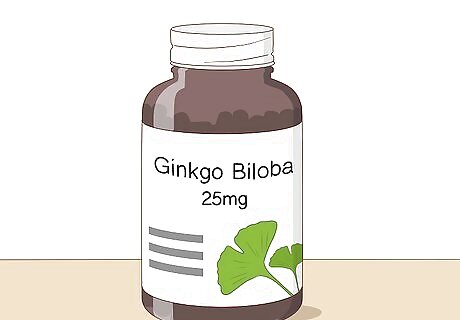
Try ginkgo biloba. Ginkgo can stop your blood from coagulating too much and prevent blood clots. A a concentration of 25 mg/ml, ginkgo had a strong blood-thinning effect. Take a daily supplement to see if this works.
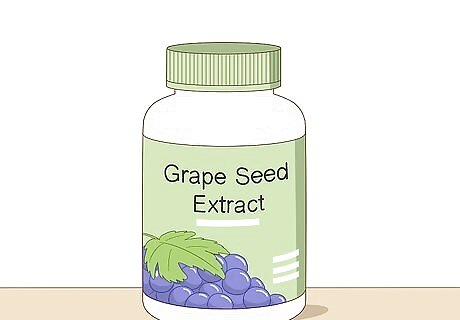
Improve blood flow with grape seed extract. Grape seed extract is a popular natural remedy that could thin blood and improve blood flow. It might even help lower blood pressure. The dosage for grape seed extract varies widely and ranges from 150 to 2,000 mg per day. If you're specifically trying to use it to thin your blood, talk to your doctor for the right dose.
Lifestyle and Dietary Tips
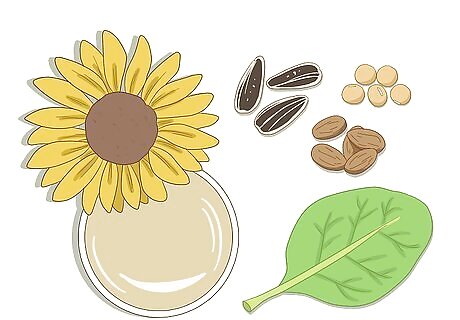
Get more vitamin E in your diet. Vitamin E prevents your platelets from clumping together and can stop blood clots from forming. Try to get at least 15 mg per day from your daily diet to avoid clotting problems. Good sources of vitamin E include nuts, seeds, vegetable oils, beans, soy, and leafy green vegetables.
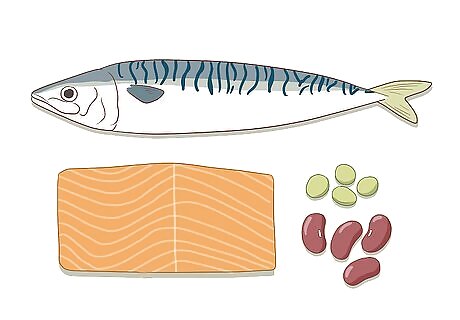
Eat plenty of omega-3 fatty acids. These nutrients also prevent platelets from clumping together and forming clots. Try to get 1.1-1.6 g of omega-3s each day for the best results. The most popular source for omega-3s is fish, especially oily fish like salmon, mackerel, and sardines. You can also get it from nuts, seeds, legumes, and beans.
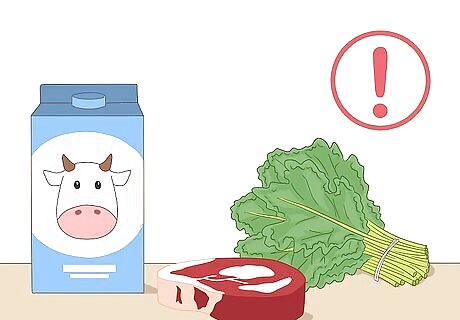
Don’t eat too much vitamin K. Vitamin K helps your blood clot, so having too much could be harmful. You should only get 90-120 mcg of vitamin K per day to prevent your blood from clotting too much. Vitamin K comes from leafy green vegetables, red meat, poultry, dairy products, and eggs. Do not cut out vitamin K entirely. You still need it to stay healthy. It’s unlikely you’ll get too much from your regular diet, so you don’t have to make big dietary changes.
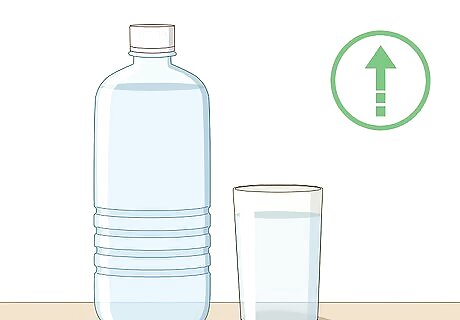
Stay hydrated so your blood flows smoothly. Dehydration could make your blood pool and put you at a higher risk for developing clots. Drink enough water each day to stay well-hydrated and keep your blood flowing. You may have heard the advice to drink 8 glasses of water per day. This is a good goal, but it’s better to let your body tell you if you need more water. If you feel thirsty or your urine is dark yellow, then drink more.
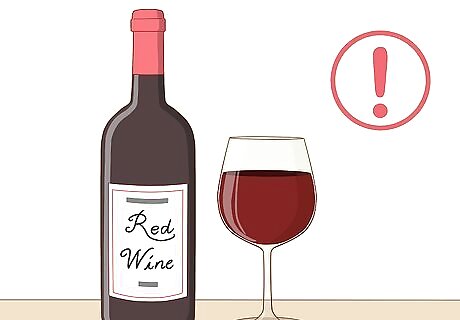
Drink red wine in moderation. It’s a common belief that red wine thins your blood and helps prevent clots. This is partially true, and moderate wine drinking seems linked to better heart and blood health. If you drink, stick with a limit of 1 glass per day for the best results. If you don’t drink already, then don’t start just because you just want to thin your blood. There are other ways to do this, and not drinking at all is better than drinking.


















Comments
0 comment